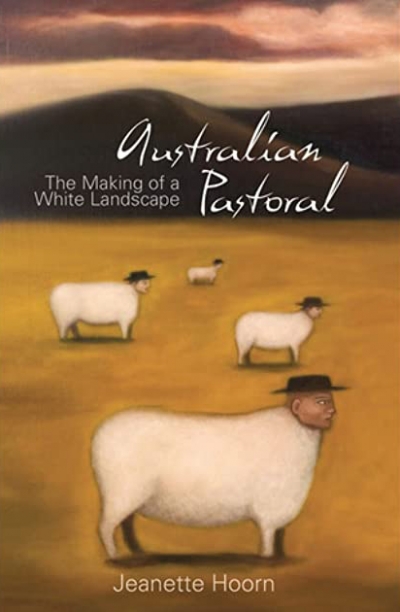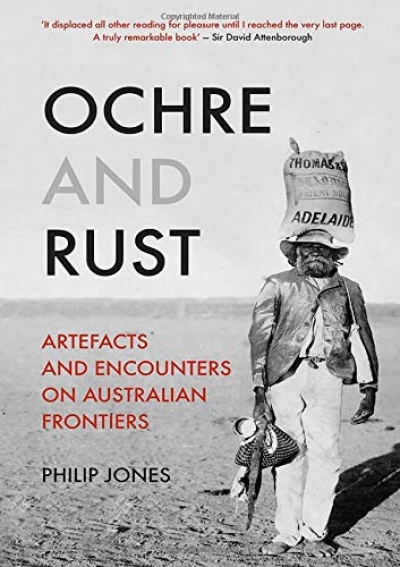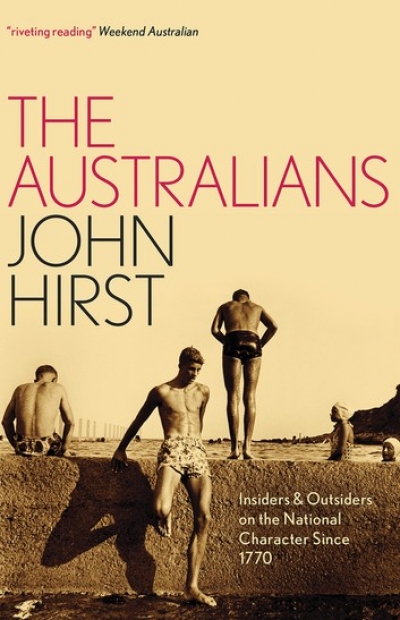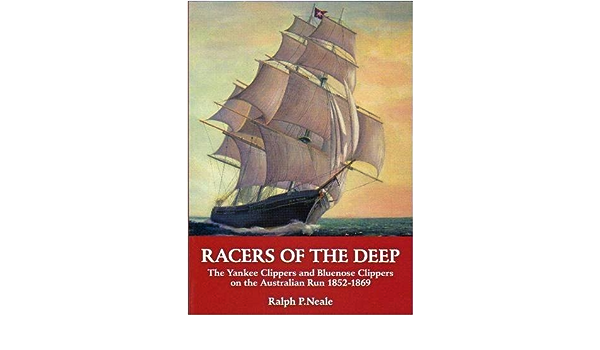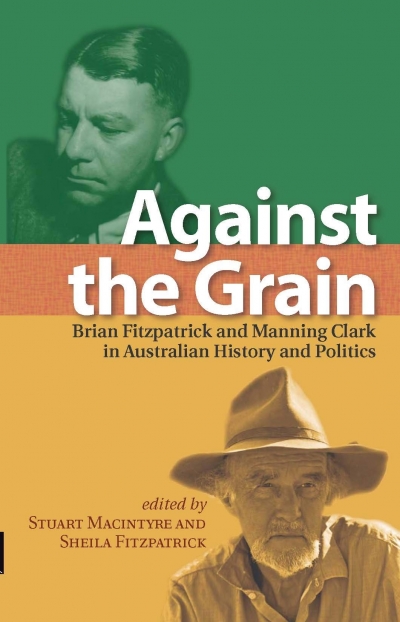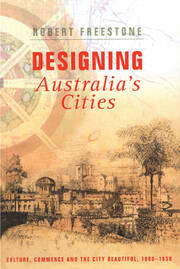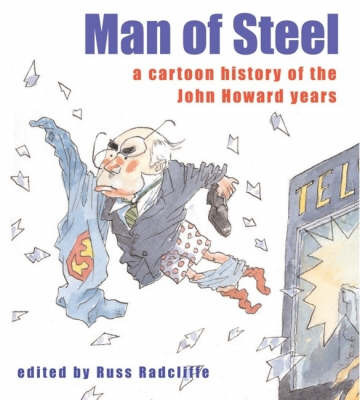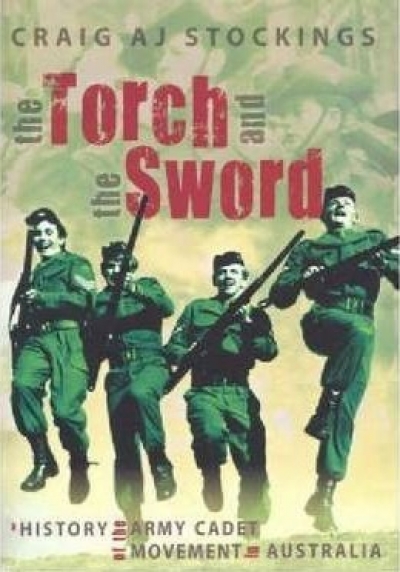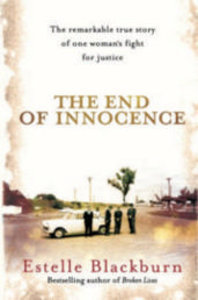Australian History
Magnificent Obsession: The story of the Mitchell Library, Sydney by Brian H. Fletcher
Under the umbrella of the State Library of New South Wales, the Mitchell Library in Sydney is one of Australia’s great cultural and collecting institutions. Opened to researchers in March 1910, the Mitchell Library was founded on the ‘peerless collection’ of books, manuscripts, maps, and pictures relating to Australia and the Pacific bequeathed to the then Public Library of New South Wales by the reclusive and wealthy Sydney book collector David Scott Mitchell (1835–1907). The bequest brought with it a generous endowment of ₤70,000 to fund additions to the collection. Since then, a veritable Everest of Australian research and scholarship has been built on the foundation of the Mitchell collection – the materials that Mitchell himself had acquired and those added subsequently by several dedicated and ambitious generations of library custodians. In the ninety-eight years since the Mitchell Library opened its doors to the public, Mitchell’s original collection of 40,000 volumes – amazingly rich in its day – now stands at 590,000. Great acquisitions, many of them formidably expensive, continue to be made and to be hailed in both the Sydney press and in national news. It is right that a sense of local and national pride continues to be felt in the achievements of this singular Australian library.
... (read more)Australian Pastoral: The making of a white landscape by Jeannette Hoorn
First impressions are unfavourable. The cover is ugly, and too cute: human-headed sheep, male and female, wait motionless for a drought to end while wearing prime ministerial bush-visit hats. We have read Frank Campbell’s rebuke in the Australian: the author Jeanette Hoorn did not know a fox’s tail from a dingo’s. Inside, however, there is a cheering profusion of illustrations, placed in unusually reader-friendly closeness to the relevant discussion, and they include a feast of the best Australian paintings. There are some interesting sources in English eighteenth-century art and, much less familiar, some parallels in German fascist art.
... (read more)Ochre And Rust: Artefacts and encounters on Australian frontiers by Philip Jones
Behind Philip Jones’s Ochre and Rust: Artefacts and encounters on Australian frontiers are many books about the interaction of settlers and indigenes. Writers relevant to this book include the museum curator Aldo Massola (writing in the 1960s and 1970s) and retired archaeologist John Mulvaney (writing in the 1980s and 1990s). Massola brought out objects and archival material from the Museum of Victoria, writing their stories for a tourist or localhistory readership. He was a pioneer whose work is no less valuable for presenting an undifferentiated mix of hearsay, intuition, document, object, science and human observation. Although he rarely named his sources, they exist for most, if not all, of what he said so lightly.
... (read more)The Australians: Insiders and outsiders on the national character since 1770 edited by John Hirst
Back in 1981, Richard White, in his seminal study Inventing Australia, dubbed the Australian concern with defining national identity ‘a national obsession’. It was a time when ‘the new nationalism’ associated with John Gorton and Gough Whitlam had reignited debate about anthems, flags and the paraphernalia of nationhood. The converse of this fixation has been the recurrent fear that the ‘cultural cringe’ has still not been laid to rest.
... (read more)Racers of the Deep: The Yankee Clippers and Bluenose Clippers on the Australian Run 1852 - 1869 by Ralph P. Neale
In the years before steamships gained supremacy of the oceans, sailing ships became faster and were able, for two decades, to outrun the primitive new technology. This book concentrates on the clippers built in North America and used on the run from Liverpool to Melbourne during this period.
... (read more)Against the Grain: Brian Fitzpatrick and Manning Clark in Australian history and politics edited by Stuart Macintyre and Sheila Fitzpatrick
Against The Grain celebrates two iconoclastic Australian historians: Manning Clark and Brian Fitzpatrick. Comprising papers from a 2006 conference organised by two of their daughters, both distinguished academics, Against the Grain offers critical thoughts and reminiscences of family members, friends, colleagues, students and academic successors of the two men.
... (read more)Designing Australia's Cities: Culture, commerce, and the city beautiful 1900–1930 by Robert Freestone
The planning history of our cities is one that has received surprisingly little attention. While the catalogue abounds in detailed studies – Adelaide and Canberra between them account for the bulk of this literature – national overviews, much less international contexts, are thin on the ground. In this rarefied atmosphere, Robert Freestone has been a generous contributor. His earlier Model Communities: The Garden City movement in Australia (1989) provided a comprehensive overview of urban planning in the period here under review (1900–30). Designing Australian Cities now provides a complementary overlay.
... (read more)Man of Steel: A Cartoon history of the Howard years edited by Russ Radcliffe
If you look carefully at a political cartoon, the most remarkable thing is the quantity of latent information it depends on. Opening Russ Radcliffe’s collection from the Howard years at random, I spot something from one of the nation’s less fabled cartoonists, Vince O’Farrell of the Illawarra Mercury. It is a picture of a military aircraft marked Labor, barrelling along the ground. The pilot has a pointy nose and broad girth, and the co-pilot’s voice bubble tells us, ‘I say skipper … That’s the end of the runway and we still haven’t taken off’. The whole story of Bomber Beazley’s last, tortured term as Opposition leader is there in an image and a couple of words that takes only seconds to assimilate.
... (read more)The Torch and the Sword: A history of the army cadet movement in Australia by Craig A.J. Stockings
The Torch and the Sword began life as Craig Stockings’s PhD thesis, and shows its origins on every page. He presents a hypothesis and refers to it often as he proceeds systematically through a chronological and thematic exposition of his subject.
... (read more)From September 1958 until his capture in August 1963, Eric Edgar Cooke conducted a terrifying campaign of violent crime in greater Perth which left eight people dead and several others permanently injured. The damage did not stop with Cooke’s arrest. A young labourer, John Button, had previously been convicted of one of Cooke’s murders: the hit-and-run killing of Button’s girlfriend., Rosemary Anderson. Button was serving ten years’ imprisonment. Neither Cooke’s confession to the murder of Anderson nor subsequent police investigations were sufficient to convince authorities that the justice system had miscarried. All of Button’s legal appeals (including one to the High Court of Australia) were dismissed. Button steadfastly maintained his innocence, even after he had served his sentence, fruitlessly petitioning politicians for a reopening of his case. For many years the injustice remained, until a chance encounter in 1992 between Button’s brother and a journalist named Estelle Blackburn. With a reporter’s nose for a good story, Blackburn began an investigation of Button’s case that was to last six and a half years and create Australian legal history.
... (read more)

